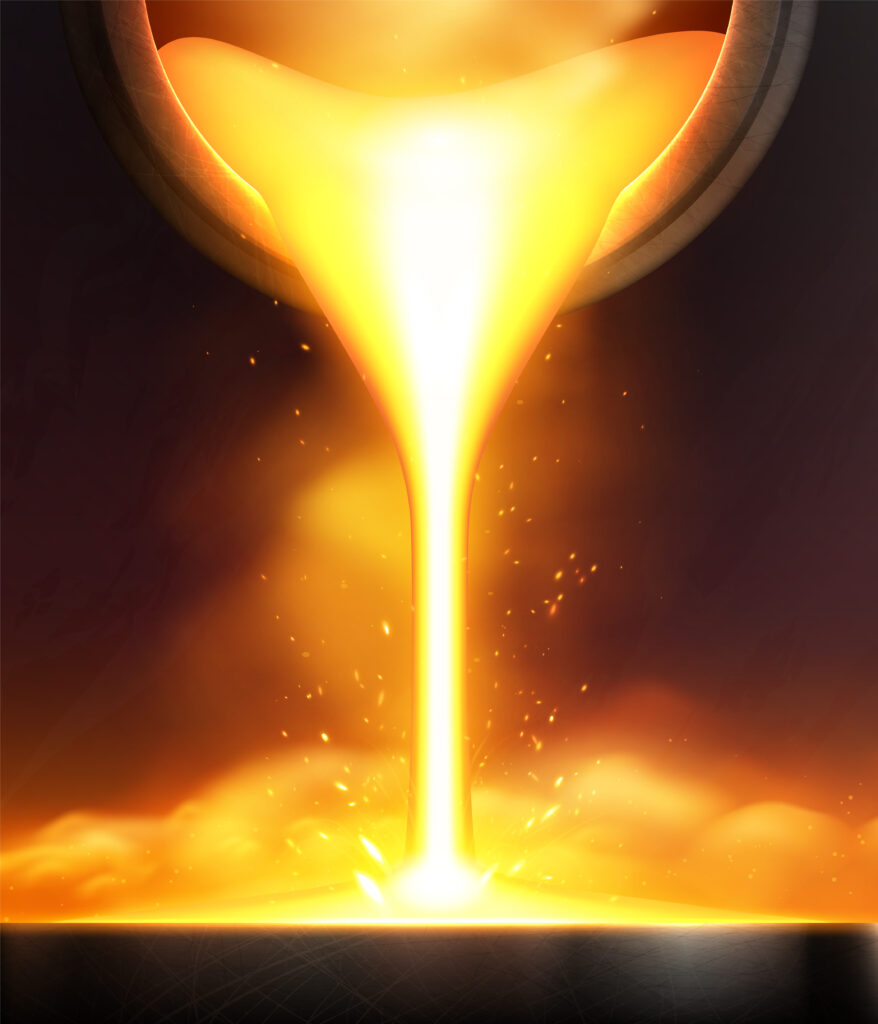
So where do the stories come from?
Are they drawn from a Jungian collective unconscious? Stories from our primal past, of hunting and being hunted, of rivalries within the tribe and without. Stories with a structure, the Hero’s Journey, the monomyth.
The emotional foundation underlying these stories aren’t uniquely human. Take anger or jealousy. If you watch video of an experiment with capuchin monkeys (conducted by the late primatologist Dutch Frans de Waal) you’ll discover that our primate relative are capable of rage and envy if they think they’re being treated unfairly.
So there’s a deep evolutionary reservoir for anyone creating to draw upon. And a psychological one. Although Dr. Freud has fallen out of favor, his insights into human behavior are, in essence, a form of storytelling. (Freud admired William Shakespeare and the Bard had a significant influence on the development of psychoanalytic theory.)
Then, there’s the body of literature waiting to be strip-mined for plots and characters. Writers are literary magpies, always ready to create derivatives. Sometimes their borrowing is overt, sometimes not so (thus, plagiarism scandals).
At a more subconscious level, there’s the impact on an author of every word they’ve ever read. The choice of words, the cadence, the propensity for plain prose or something more Rococo, are influenced by what the mind takes in.
Finally, there’s the creator’s imagination. The story emerges, imagined, through a smelting process that refines these remembered elements into something recognizable, something that appeals to us, that makes us want to learn more, to read on, to turn the page.
© 2025 Jefferson Flanders